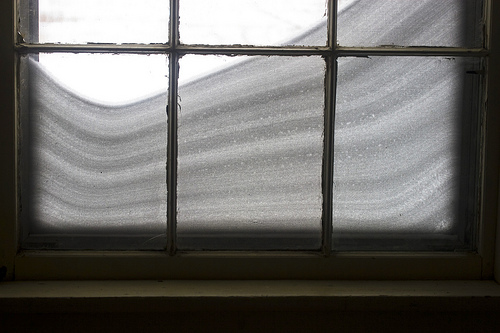The father comes up behind him. Furthest away the mother halts. They look up. The sky is going all slatey like in a painting people say is important. In the second they take to glance up, the rocketship retracts its legs and tail and plays dead.
—Terese Svoboda, “Leadership”
The best of Terese Svoboda’s words read themselves in your head like hearing a Steve Lacy line, perhaps from Only Monk, his solo recordings of Thelonious Monk compositions, all tight and ropy and in a single strand encompassing melody and harmony both, such as it is. They are quick and expressive and in every story in her collection Trailer Girl there is something strange, something you could call “modal” that comes about, like changing the harmonic structure of the story while the melody plays on, like listening to something new emerging out of the swamp off in the distance.
In “Leadership,” there’s a family: mom, dad, son. There’s also a rocket ship that lands on their lawn. Read the quote above, and see how in less than 30 words she’s drawn an entire poster in the Constructivist style, complete with dramatic lighting and a family unit.
Reduced rent was what the parlor floor got in exchange for letting everyone in the building roll through their window onto their bed, where they liked the light, though everyone entered snow-dusted or iced, and at any hour, often with them in it.
—Terese Svoboda, “Cave Life”
Though the sentence starts out practically and rationally to discuss household economy, the writer switches on the absurd lamp after the first clause. Then, there’s a nifty chiasmus, xy-yx, that tells you as much about the people who live on the parlor floor as their housemates. The elaborate construction, which seems to strand the phrases “they liked the light” and “with them in it” on their own little inaccessible semantic islands, signifies that something is bound to happen in the house, if only to resolve the tensions Ms. Svoboda has created in this single sentence.

